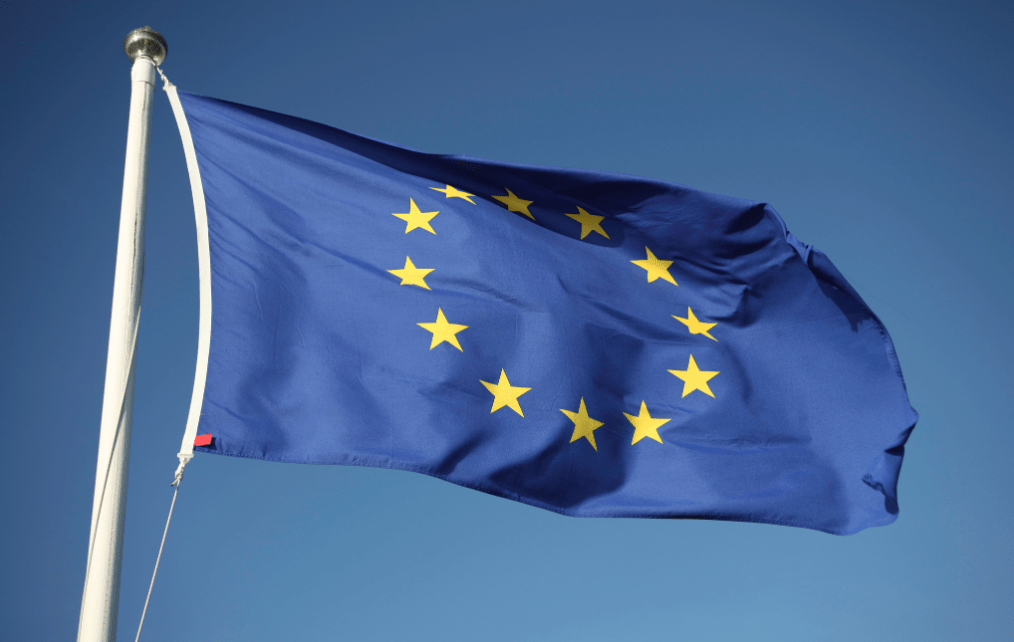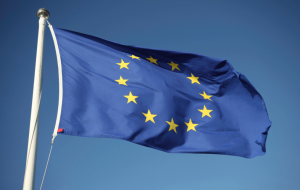Join Our Telegram channel to stay up to date on breaking news coverage
The European Union is set to become among the first jurisdictions to formulate comprehensive rules for the cryptocurrency market. Last week, the EU lawmakers agreed on a provisional deal that contains regulations for the buzzing cryptocurrency sector.
EU’s comprehensive rules for the crypto market
One of the provisions under these new rules is that cryptocurrency firms dealing in the issuance and sale of crypto assets within the EU have to obtain the requisite licenses from the relevant regulatory body. This license will allow the crypto firm to serve the entire European Union.
These new rules also require crypto firms that comply with anti-money laundering laws to be given 18 months to seek the necessary licenses. The firms will continue operating normally as they wait for the approval of the new licenses.
Your capital is at risk.
Another area where these regulations touched on was the energy consumed by proof-of-work blockchains such as Bitcoin. Crypto firms will be required to disclose the effect of digital assets on the environment as well as the effects of climate change. These disclosures must be done according to the standards set by the ESMA securities regulator.
Regulations on stablecoins and NFTs
The collapse of the TerraUSD (UST)( stablecoin in early May has attracted regulatory attention towards stablecoins. The new provisions by the EU also address stablecoins. Under the new rules, holders of the stablecoin will have a right to claim their money back at zero costs. Stablecoin issuers will also be regulated by the EU’s European Banking Authority.
Crypto firms that issue stablecoins have to be located within the bloc, while the stablecoins pegged on non-EU currencies will be limited to preserve “monetary sovereignty.”
In the case of NFTs, these digital assets will only be included under these regulations once they become fungible. Moreover, in instances when NFTs function like traditional securities, the MiFID markets rules by the EU will be effected. After 18 months, the EU will also deliberate on whether distinct rules are needed to regulate the NFT market.
These regulations will require approval from the EU states and the European Parliament before being implemented into law. This will most likely happen next year.
Read more:
Join Our Telegram channel to stay up to date on breaking news coverage


